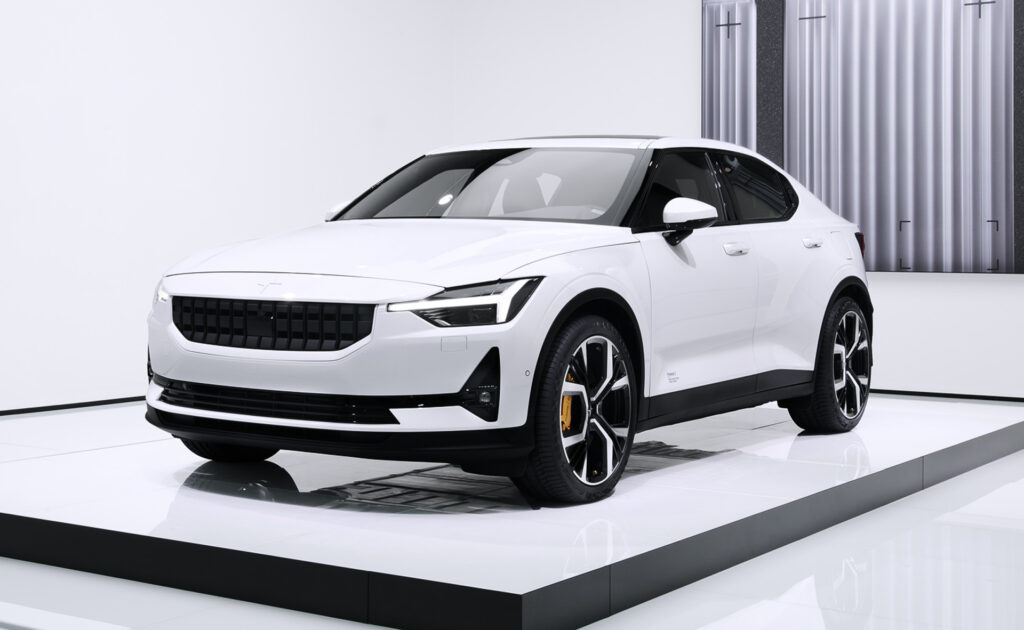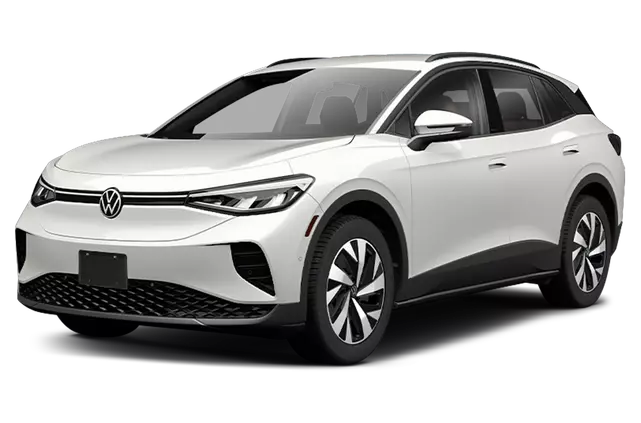In a notable event held in Washington, D.C., in July, Polestar, the electric car company, proudly introduced its new dealership just a stone’s throw away from the White House. The esteemed presence of D.C. Mayor Muriel Bowser at the opening event underscored the positive impact Polestar’s arrival would have on the city’s eco-friendly transformation. During the ceremony, the dealership’s chief operating officer lauded the brand’s renowned “Swedish craftsmanship,” while interestingly omitting any reference to Polestar’s Chinese roots.
Featured Image credit: hgmsites
The production of Polestar 3, intended for initial launch markets including North America, Europe, and China, is scheduled to commence at the Volvo Cars’ facility in Chengdu, China. The production will gradually increase beginning in mid-2023 with the anticipation of first customer deliveries in the final quarter of 2023.
Following this, further production is anticipated at the manufacturer’s plant in Ridgeville, South Carolina, United States, ideally towards mid-2024. At this juncture, plans are to shift supply for North America and additional markets from China to the U.S.
Polestar, originally founded in Sweden and still headquartered there, has transformed under the ownership of Chinese car company Geely. While it may not enjoy the same level of recognition as the Chinese electric vehicle (EV) giant BYD, which recently surpassed Tesla in global EV sales, Polestar has achieved a significant milestone: it is the first Chinese-owned EV company to make a substantial foray into the American market.
In 2022, its U.S. sales reached nearly 10,000 units, a modest figure that positions Polestar as the leading exporter of electric cars from China to the United States, according to U.S. trade data.
Polestar has even greater ambitions on the horizon. By the end of this year, the company plans to establish 40 retail locations across the United States, aiming to expand its presence and reach a broader customer base.
Additionally, in 2024, Polestar intends to commence car production at a factory located in South Carolina, signaling its commitment to local manufacturing and further solidifying its foothold in the American automotive market.
Recently, concerns have been raised by U.S. lawmakers and American auto companies regarding the potential dominance of Chinese cars on American roads amidst the ongoing green transition. China’s electric vehicle (EV) industry has been on a steady rise, accounting for a significant one-third of global exports in the past year. During a visit to a Ford electric vehicle plant in Michigan in 2021, U.S.
President Joe Biden emphasized the importance of domestic production, stating that the crucial question is whether the United States will be at the forefront of building these vehicles and their batteries or rely on other nations. President Biden acknowledged that, at present, China holds a leading position in this race, leaving no room for ambiguity.
Polestar’s entry into the U.S. market does not affirm concerns about Chinese EVs overwhelming the market. American carmakers, backed by U.S. policy, are well-equipped to compete.
The 2022 Inflation Reduction Act (IRA) has played a crucial role in this regard. Congress has approved consumer and production tax credits specifically for batteries and electric cars manufactured in the United States.
Consumers can now avail themselves of up to $7,500 in incentives when purchasing a car assembled in North America, equipped with a battery primarily produced on the continent, and containing minerals sourced and refined within the United States or its free-trade-agreement partners. Moreover, these protective measures are further reinforced by former President Donald Trump’s substantial 25 percent tariff on auto imports from China.
The impact of these policies has been significant, with over $50 billion in investments in the U.S. EV sector announced in the past year, according to environmental policy professor Jay Turner of Wellesley College.
Polestar has been an exception in actively targeting American customers. However, most Chinese auto companies have focused on more receptive markets, such as the European Union, where foreign EV imports qualify for subsidies and face only a 10 percent import tariff. They have also explored emerging markets, particularly in Southeast Asia.
As reported by Reuters, Chinese companies have accounted for 8 percent of European EV sales this year, and their market share is expected to rise in the coming years, potentially reaching as high as 20 percent.
Chinese electric vehicle manufacturers are projected to replicate Polestar’s approach in the future: initially absorbing the impact of the tariff and shipping to the U.S. to gauge the market conditions, then, if the response is favorable, establishing a manufacturing unit here, according to Le. The market is too profitable to be overlooked. However, he stated that given the array of policy hurdles and political limitations, the U.S. will unlikely see a deluge of Chinese EVs in the immediate future.


